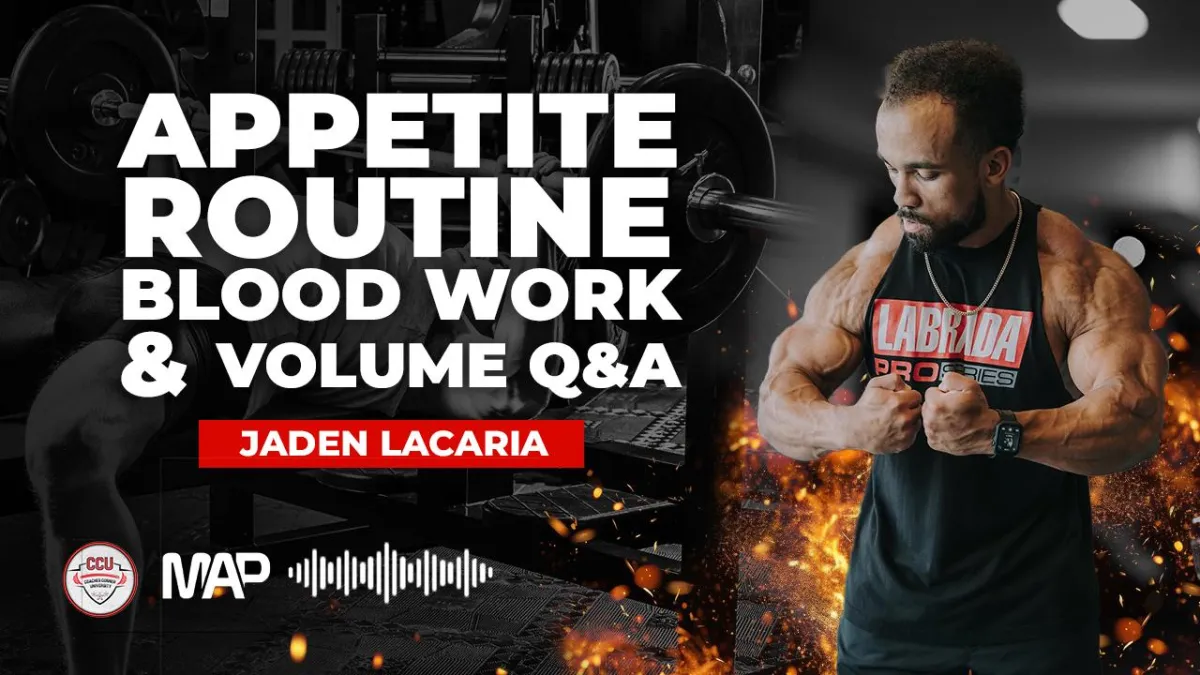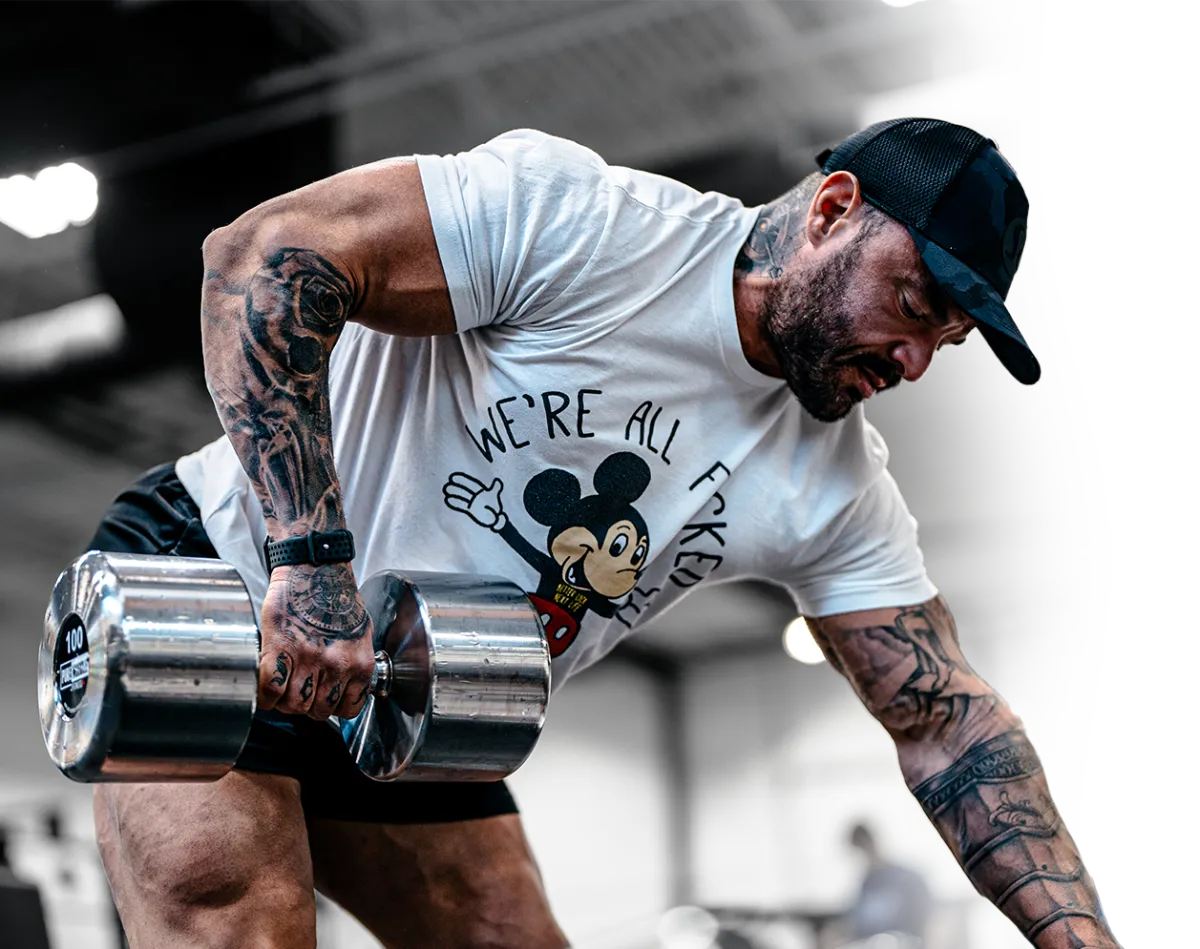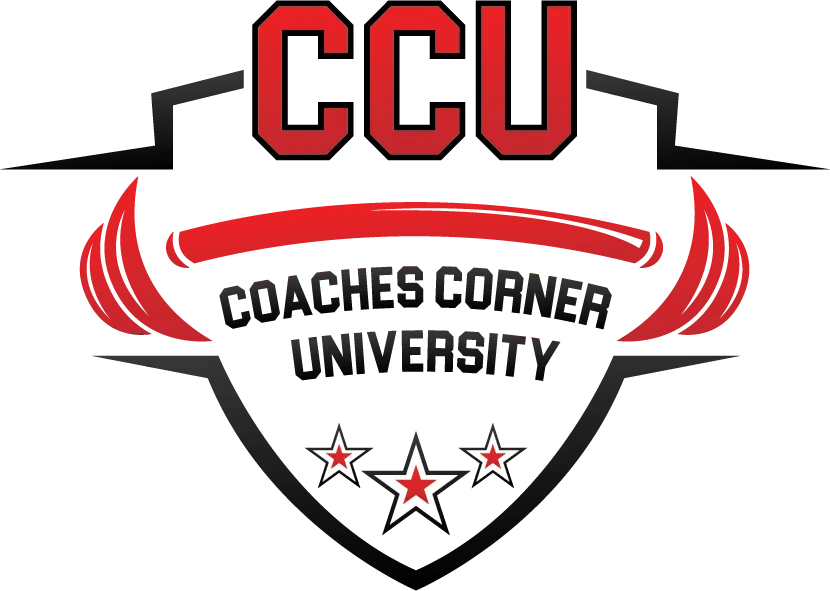Discover The Latest Blogs
Stay updated with Our Informative Blog Posts

CCU Podast - Jaden Lacaria: Appetite, Routine, Blood Work and Volume Q&A
Appetite, Routine, Blood Work and Volume Q&A
In this episode, I sit down with MAP Coach Jaden Lacaria for a good o'l fashioned Q&A session.
Jaden has a bachelor's degree in Physical Activity and Coaching Specialization along with a Master's degree in Sports Coaching both from The Ohio State University. Jaden has been training for 15 years. He has competed in powerlifting for 6 years in both multi ply and raw and is also nationally qualified in bodybuilding. He has multiple pro totals at the 198 weight class in both raw and multi ply. His best lifts at 198 raw are 830/450/678 with finishing top 10 in the world back to back years (raw and multi ply) and having been top 20 all time at 198 with a current top 5 squat all time along with holding the Jr ATWR. Jaden is also a former member of Westside Barbell where he trained under Louie Simmons.
Below I have highlighted 10 Key takeaways from our Q&A & session that you will find useful.
10 Key Takeaways from Jaden Lacaria's Q&A
Managing Appetite in the Off-Season: Food Selection Is Critical
Jaden emphasizes the importance of paying close attention to how different foods affect digestion, especially during high-volume nutrition phases. He shared his personal experience with digestibility issues when food volumes reached challenging levels (150g of cream of rice per meal). His tactical approach involved switching from heavier beef (85/15) to leaner cuts and modifying carbohydrate sources from cream of rice to more digestible cereals. These adjustments allowed him to maintain his caloric intake without digestive distress.
Strategic Carbohydrate Selection for Improved Digestion
Jaden highlights sophisticated carbohydrate selection strategies for managing appetite. He discusses how monitoring post-meal sensations guides his food choices, noting that "if something doesn't set well with me, I'll just tell my coach." He provides practical examples, like using rice-based cereals pre-workout instead of cream of rice when volumes become too high. He also emphasizes the importance of evaluating how each meal affects your ability to consume subsequent meals throughout the day, creating a sustainable nutritional approach.
Handling Routine Disruptions: Focus on the Present Moment
When addressing how to handle interruptions to routine, Jaden offers a powerful perspective: "Control what you can control now in the present moment and that's all you can do." Rather than trying to make up for missed sessions or meals, he advises clients to simply resume their normal schedule as soon as possible. For example, if someone missed their back and bicep workout from last week, he recommends they still do their regularly scheduled workout for today rather than trying to make up missed sessions.
The Reality of Consistency vs. Perfection
Jaden reinforces the power of consistency by explaining to clients that the difference between them and Olympians is primarily "time and consistency." He tells his athletes: "There's nothing else that's in between you and them. You will be there because you're doing all the correct things. There's a matter of doing these things day in, day out, months and years on end and you'll be there." This perspective creates psychological space for sustainable progress rather than unattainable perfection.
The State of the Coaching Industry: Service Quality Matters
Jaden reflects on the coaching industry with candid observations about service quality: "I've seen the level of coaching that some of these other coaches have given other athletes... who come to me, and they're considered top elite coaches, and it's like, man..." He emphasizes that exceptional coaching is characterized by consistent attention to detail, personalized communication, and genuine care. He's particularly proud of providing high-quality service: "It's so rewarding knowing that I'm giving the highest level of service possible."
Systematic Time Management Through Standardization
Jaden shares his approach to time management, particularly when balancing his own training with coaching responsibilities. He notes: "When I go to the gym, I usually turn my phone on do not disturb, so I can just focus on training. Because if not, I'll literally be replying to clients." This intentional boundary-setting allows him to optimize his limited time and give proper attention to his own development. He acknowledges his tendency to be "very, very selfless" and how he's had to learn to prioritize his own training needs.
Critical Blood Markers for Monitoring Athlete Health
Jaden emphasizes comprehensive blood work assessment beyond single-point analysis. He highlights specific markers requiring attention:
Comprehensive metabolic panel as baseline
Lipid profiles (HDL, LDL, total cholesterol)
Hemoglobin and hematocrit levels
Red blood cell and platelet counts
Thyroid panel (T4, TSH) particularly during high-carb phases
Liver enzymes (AST, ALT, particularly when using oral compounds)
Creatinine for kidney function
He adds: "If we're getting deeper in off season, carbs have been pretty high, I'll definitely want to look at your thyroid because, you know, the higher your carbs get, obviously your thyroid can downregulate a bit."
Blood Work as Historical Documentation
Jaden maintains lab results from multiple years to establish individual baselines and track responses to various training protocols: "I had my labs from like four years ago... I can go back and look year after year... how my body has changed throughout preps, how it's improved." This longitudinal analysis allows him to make more sophisticated programming adjustments based on individual physiological adaptations rather than relying on generalized protocols.
Training Volume: Quality Trumps Quantity
Jaden challenges conventional volume paradigms: "More equates to just being more you have to recover from." He presents a compelling case for moderate volume with superior execution quality, noting that his own arm training consists of only 5-6 working sets per week. He observes that most clients who come to him are doing excessive volume with insufficient intensity, often performing "four sets of 10-15 reps" when "two top sets with everything you had" would produce superior results.
Performance as the Ultimate Volume Indicator
Jaden emphasizes that performance improvement, not arbitrary set counts, should guide training volume decisions. He notes: "Your body doesn't know how many sets you're doing, how many reps you're doing, doesn't know what movement you're doing, just knows how hard you're training." He stresses the importance of tracking performance as an indicator of muscle growth, particularly during a contest prep when performance maintenance becomes a crucial metric for tissue preservation.
These insights from Jaden's extensive experience provide both philosophical foundations and practical strategies for optimizing nutrition, training, and lifestyle factors for continued athletic development.
Find Jaden:
Website - https://jaden.masterathletic.com/
Instagram - https://www.instagram.com/jadenlacaria
Find the podcast:

Coaches Corner PhD




